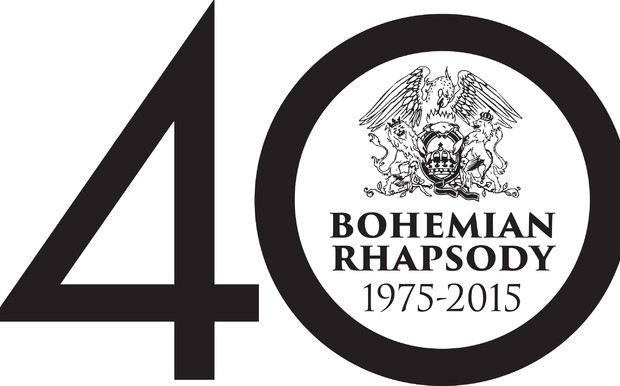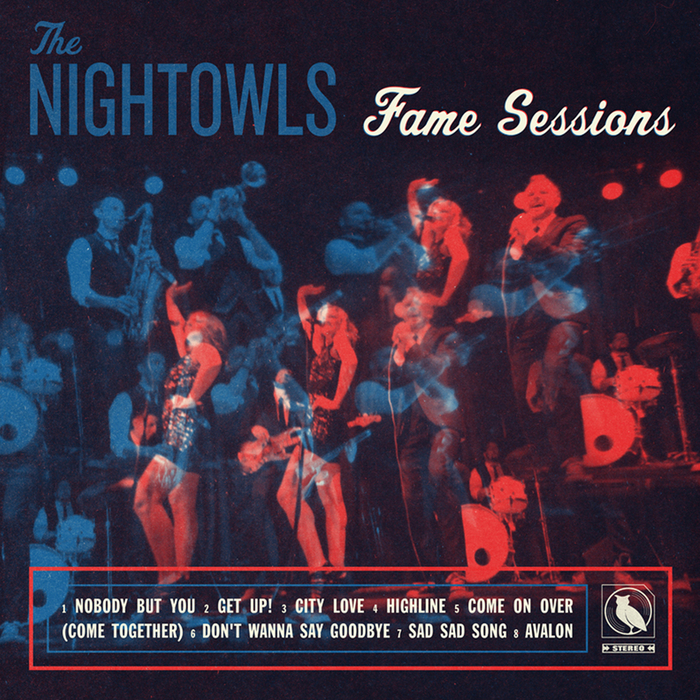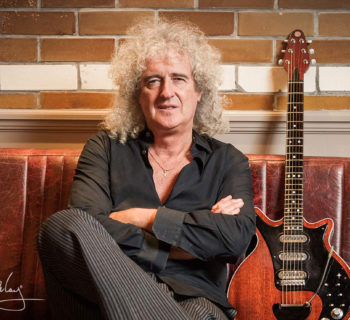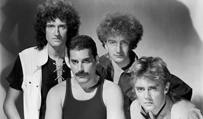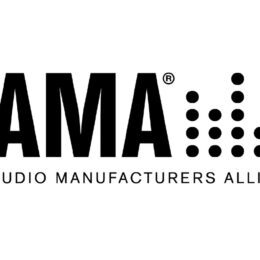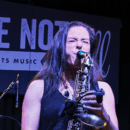“Bohemian Rhapsody” is a song that resonates through time, a special moment in music history. At The Q Awards in London, Queen were presented with the Classic Song Award, marking the 40th anniversary of “Bohemian Rhapsody,” which was originally released Oct. 31, 1975.
To mark the occasion, and just in time for Black Friday Record Store Day, “Bohemian Rhapsody” will be released as a 12-inch limited edition vinyl, with the original B-side “I’m In Love With My Car,” on Nov. 27.
On Nov. 20 Queen will also release Queen, A Night At The Odeon, Live At Hammersmith ’75, in CD, 2 LP vinyl and Super Deluxe Box Set formats on Hollywood Records and on DVD, SD Blu-Ray through Eagle Rock Entertainment. This show was the culmination of the 26-date “Queen Invite You To A Night At The Opera” U.K. tour, the first tour in which the band had ever performed “Bohemian Rhapsody."
“Bohemian Rhapsody”—universally hailed as a groundbreaking “pop” song—was in the middle of its record-breaking nine week run at No. 1 on the U.K. charts. Their fourth album, A Night At The Opera (the most expensive record ever made to that point) was climbing the album charts on its way to No. 1, which it achieved three days after this concert.
With over 100 million streams globally on Spotify, over 171 million video views and 6.5 million copies sold worldwide, “Bohemian Rhapsody” is one of the world’s well-known and well-loved songs. To this day, it continues to top “favorite song” opinion polls and be discovered by new generations of music fans over and over again. Freddie wrote the whole song—including the composite harmonies—on telephone books and scraps of paper.
Brian May recalled recording “Bohemian Rhapsody,” “That was a great moment, but the biggest thrill for us was actually creating the music in the first place. I remember Freddie coming in with loads of bits of paper from his dad's work, like Post-it notes, and pounding on the piano. He played the piano like most people play the drums. And this song he had was full of gaps where he explained that something operatic would happen here and so on. He'd worked out the harmonies in his head."
Queen spent days overdubbing the vocals in the studio using a 24-track tape machine. By the time they were done, about 120 vocal tracks were layered together. The opera parts alone took longer than 70 hours to complete. At the time, it was the most expensive single ever made and upon presenting it to their record label, they were told by various executives that five minutes 55 seconds was too long and the song would never be a hit. But after the song was played 14 times in two days by DJ and friend of Freddie’s, Kenny Everett, it was destined to be a hit. Hordes of fans attempted to buy the single only to be told by record stores that it had not yet been released. In the U.S., it was the same. American radio RKO managed to get a copy of the tape and started to play it across their stations, which forced Queen's U.S. label to release the song in its entirety.
“Bohemian Rhapsody” was Queen's first ever No. 1 single and the 1975 U.K. Christmas No. 1, holding the top position for nine weeks. It is the first song ever to get to No. 1 in the U.K. twice with the same version. The second was upon its re-release (as a double A-side single with “These Are the Days of Our Lives”) in 1991 following Mercury's death, staying at No. 1 for five weeks, eventually becoming the U.K.'s third best-selling single of all time. In the U.S., in 1976, the song hit No. 9 on the Billboard Hot 100, and in 1992 it hit No. 2 on the same chart.
The single has been covered by everyone from Kanye West during his 2015 controversial Glastonbury headline slot, Axl Rose, Elton John and Pink to The Flaming Lips, and was forever immortalized again by Mike Myers and Dana Carvey in the hit ‘90s film, Wayne’s World.
For more information, visit queenonline.com.

